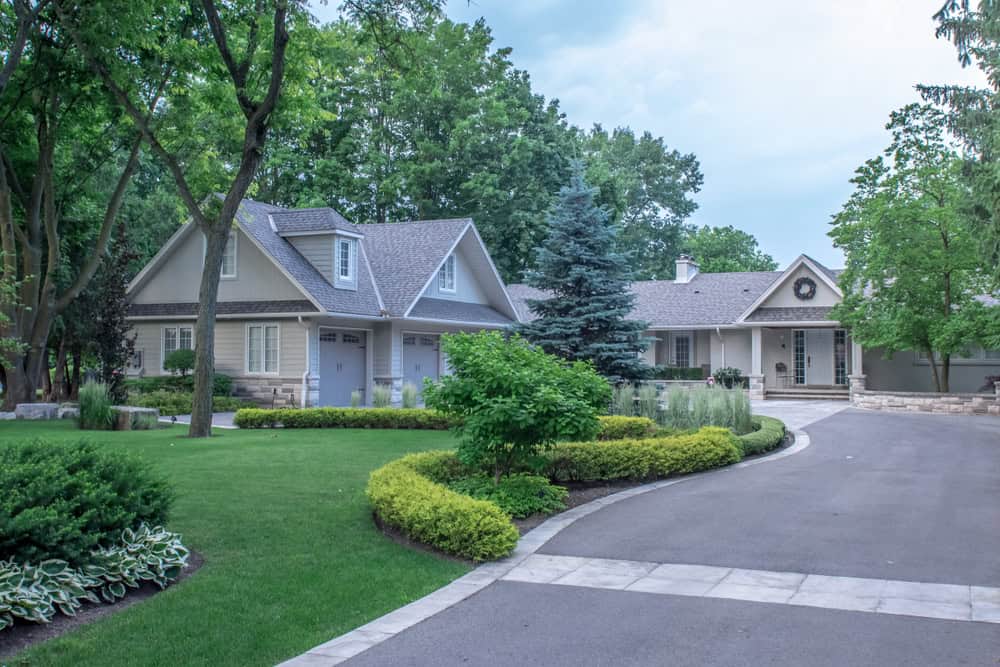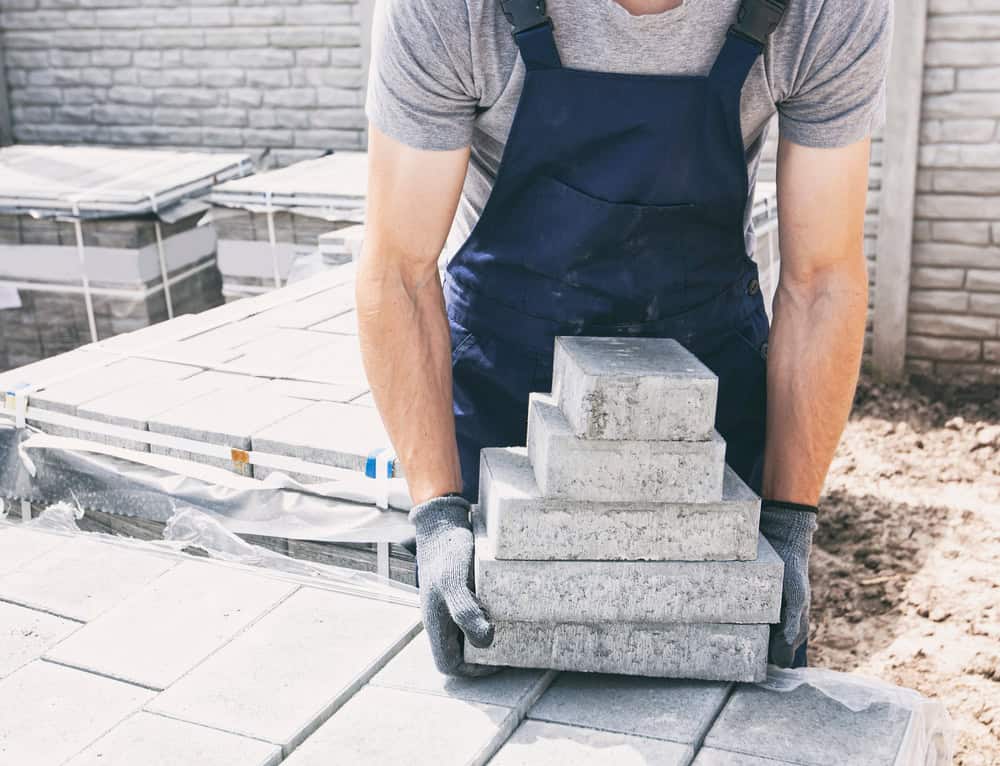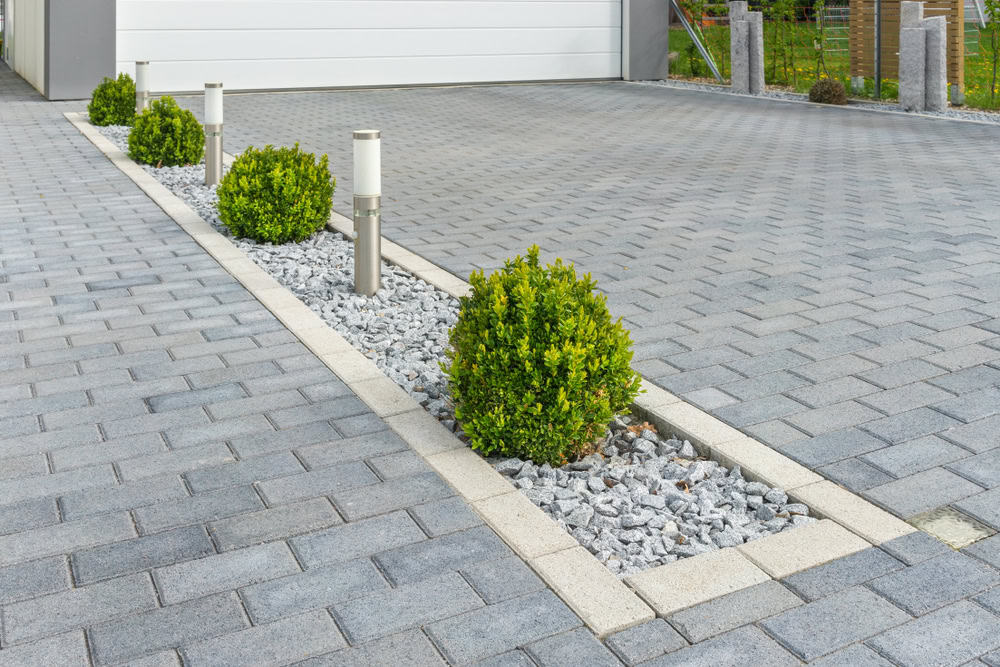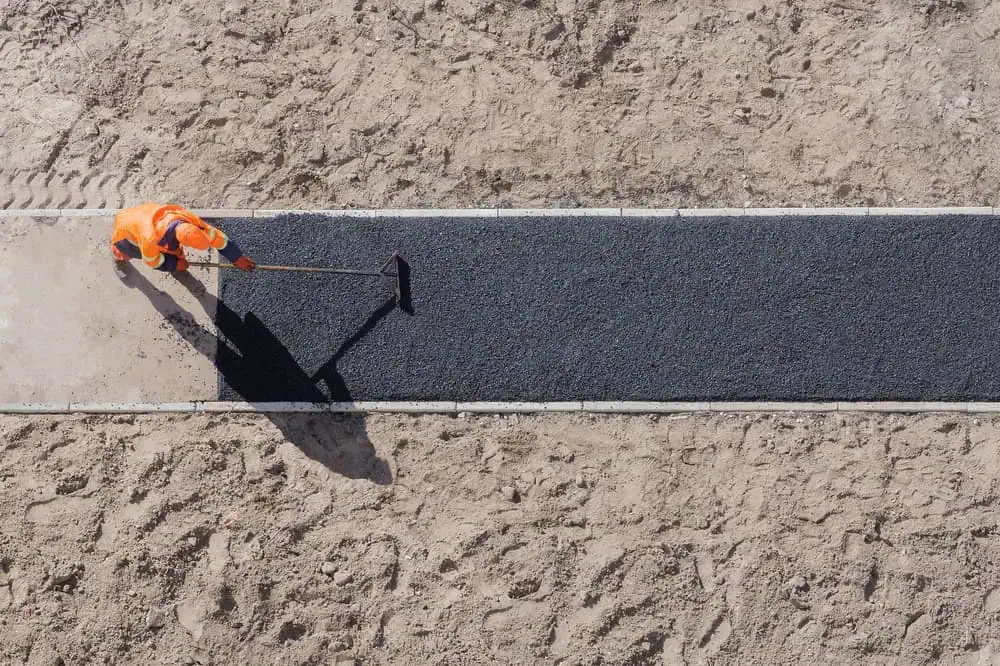Professional paver installation that handles New England weather while transforming your property into something special.


You get outdoor spaces that actually stay level. No more dealing with sunken sections, wobbly pavers, or water pooling where it shouldn’t.
Your patio becomes the place where family dinners happen and friends want to hang out. Not just another home improvement project that looked good for six months.
The difference is in the foundation work. When pavers are installed correctly with proper base preparation, they handle our freeze-thaw cycles without shifting. You’re not calling someone back next spring to fix what should have been done right the first time.
We’ve been working in Waban and the greater Newton area long enough to understand what works here and what doesn’t. We know the soil conditions, the drainage challenges, and how different areas of town handle water runoff.
That local knowledge matters when we’re excavating and preparing the base for your pavers. We’re not learning on your project – we’re applying what we’ve learned from dozens of similar installations in your neighborhood.

First, we excavate to the proper depth based on your soil conditions and intended use. For patios, that’s typically 8-10 inches. For driveways that will see vehicle traffic, we go deeper.
Next comes the base layer – compacted gravel that creates the stable foundation your pavers need. This step determines whether your installation lasts decades or starts failing in a few years. We use a plate compactor and check our work with a level.
Then we install edge restraints to keep everything locked in place, lay the sand leveling course, and set each paver by hand. Finally, we sweep polymeric sand into the joints and compact everything one final time.
The whole process typically takes 3-5 days depending on the size and complexity of your project. You can walk on it immediately after we finish.

Ready to get started?
Every paver installation includes proper excavation, base preparation with compacted gravel, edge restraints, and professional-grade polymeric sand for the joints. We handle all the details that matter for long-term performance.
You also get access to our relationships with quality suppliers. We work with the same stone yards and paver manufacturers consistently, which means better pricing on materials and access to the full range of colors and styles.
Most importantly, you get someone who shows up when scheduled and finishes what they start. We’re not juggling fifteen projects at once or disappearing for weeks between phases of your job.
